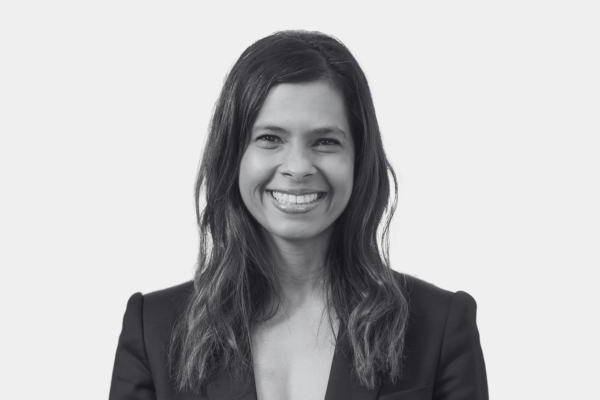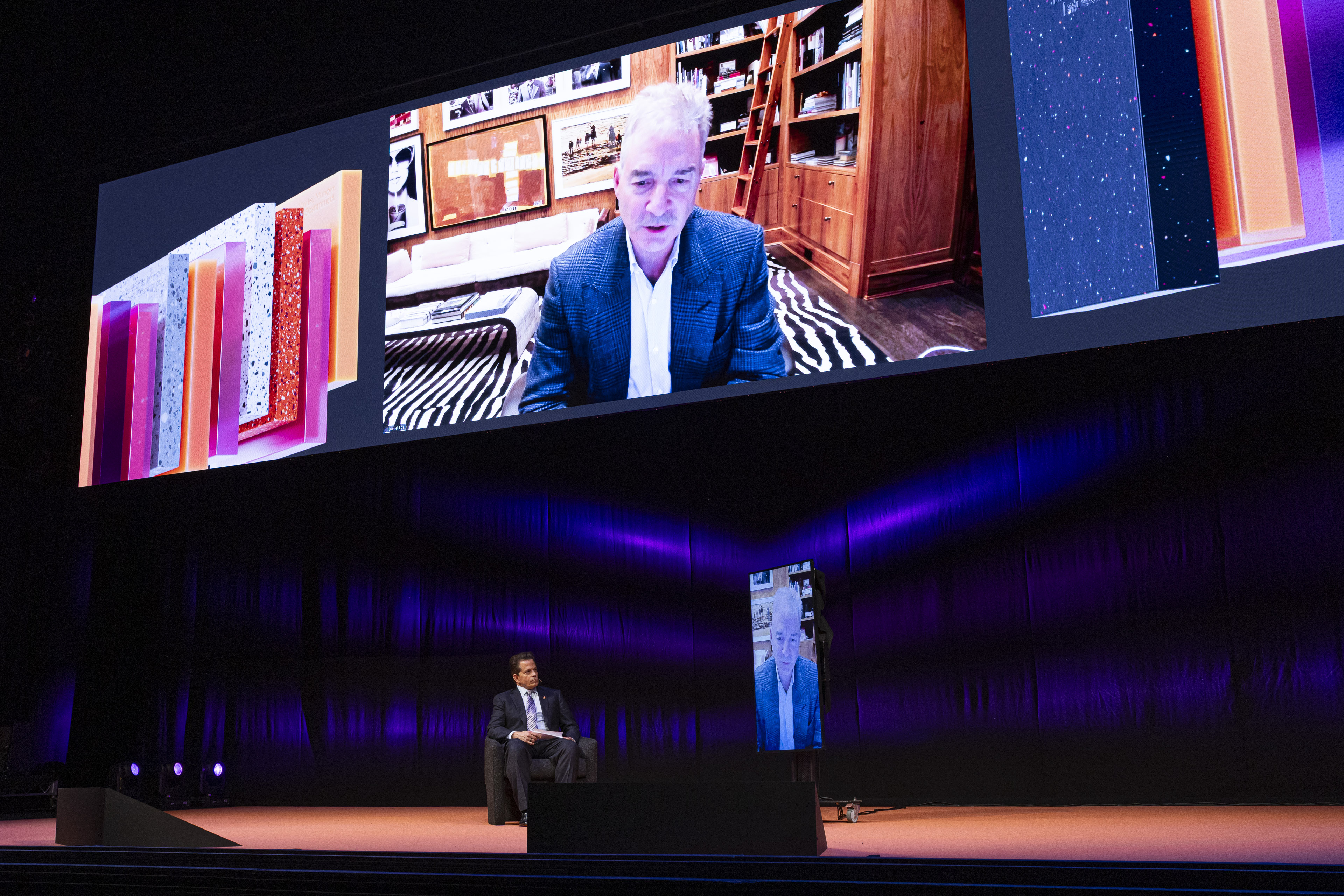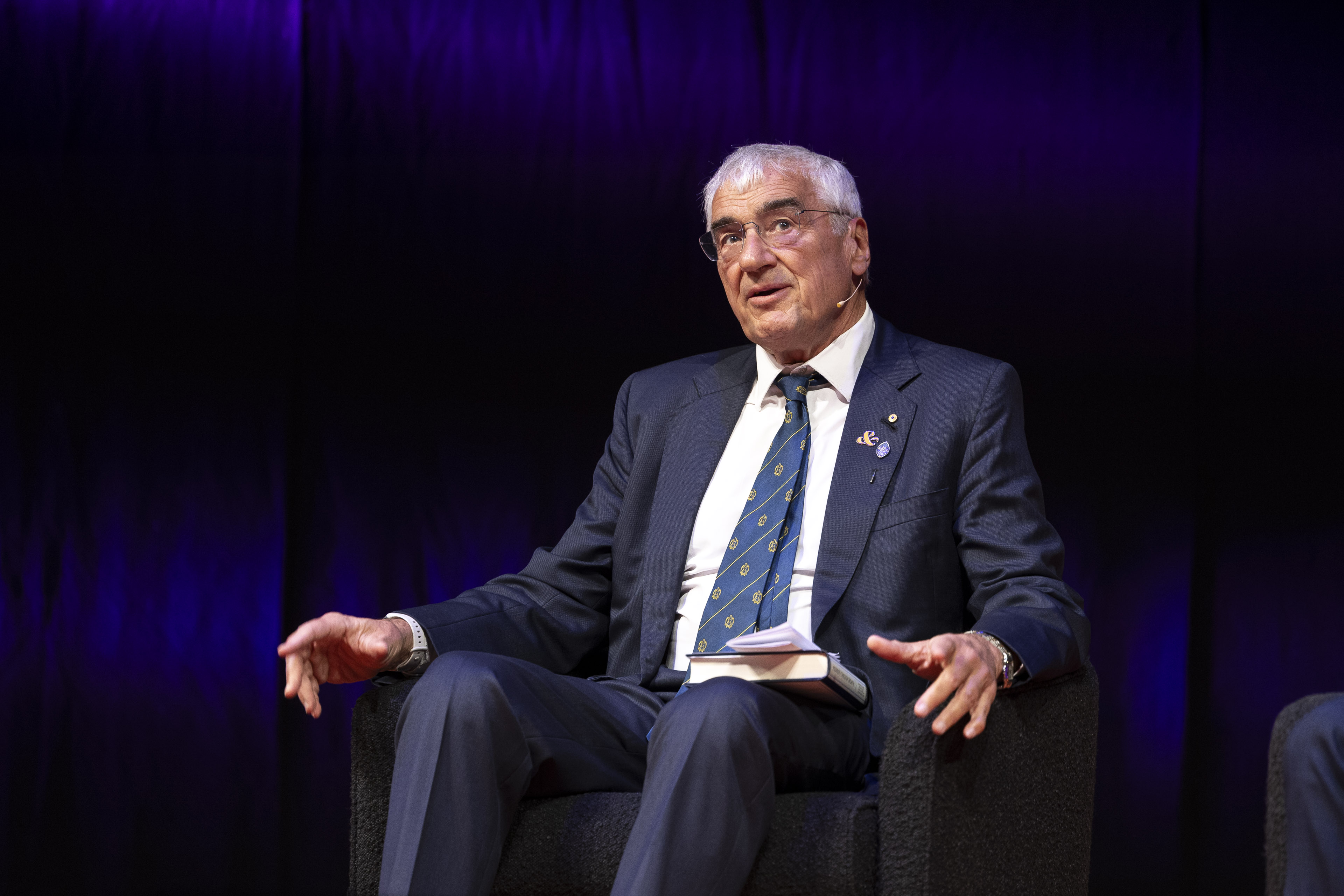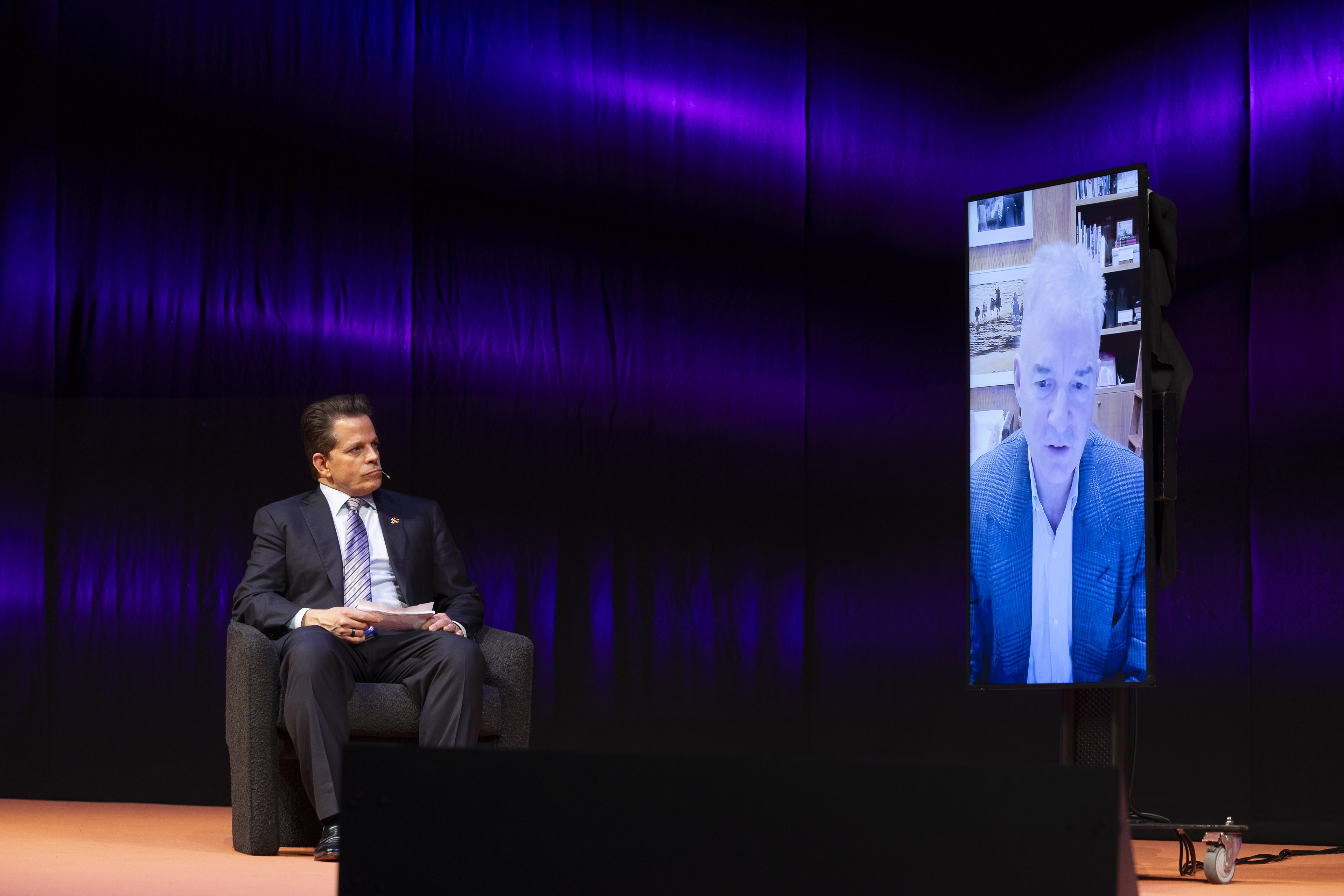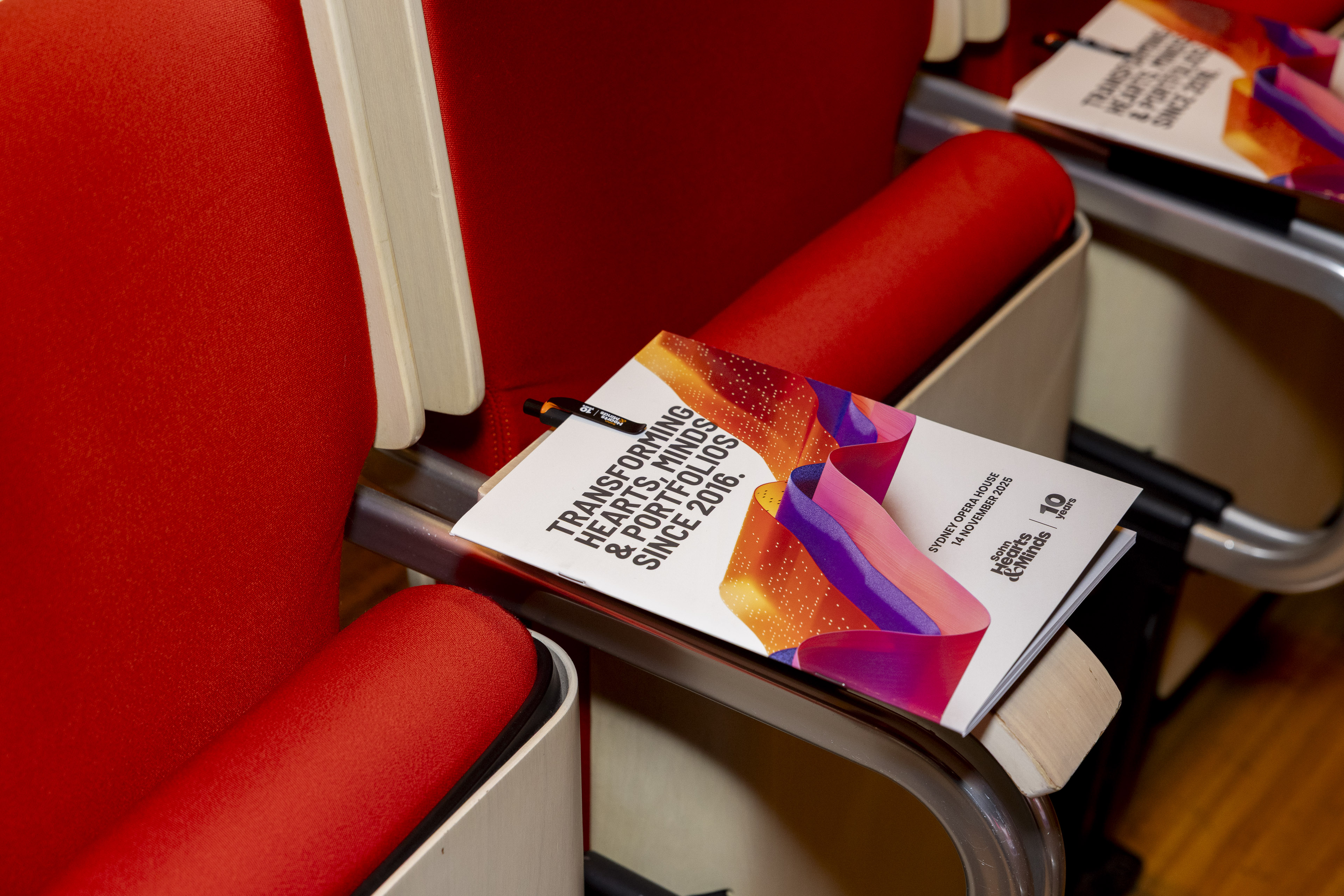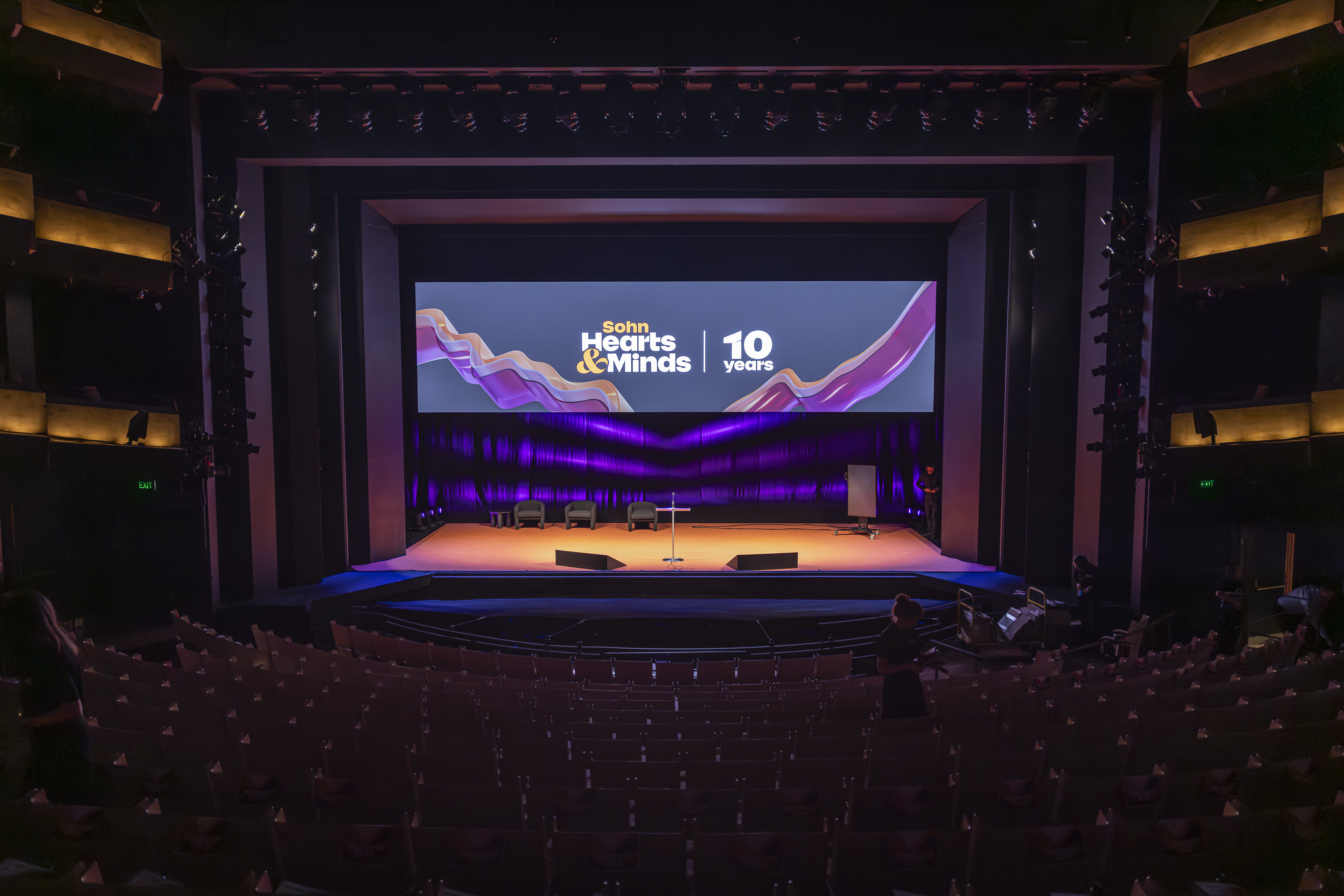The US recession of 2023, if it were to happen, won’t be a repeat of the 1970s, or the 1940s.
“I think we should all be students of history, but not use simplified narratives and analogies to draw conclusions on what to do,” cautions Joyce Meng, the managing partner and founder of New York-based FACT Capital.
Not only are there differences in the energy dynamic playing out between now and historical crises, but information efficiency is also “so much higher” in today’s economy, she says.
Just as Wall Street staged an incredible rally in the depths of COVID-19 while shelter-at-home orders were still in place, two out of the three main US equity benchmarks are in a bear market despite US president Joe Biden’s assurance that the economy is “strong as hell”.
The US added 261,000 jobs in October, according to official labour data released on Friday, but the unemployment rate increased to 3.7 per cent.
“It hasn’t been that bad yet, but stock markets have already fallen in anticipation of [a recession]. And so the speed of discounting, information transmission, is very different,” the fund manager observes.
Today, investors find themselves in a unique place. For hedge funds, the money has already been made on the easy shorts identified by picking off the coronavirus winners: Shopify is down 80 per cent and Netflix more than 60 per cent.
Idiosyncratic opportunities
“We’re in this interesting environment where everyone’s looking at what normalised earnings is, fundamentally. And not only do you have the normal economic cycle, where the Fed is tightening – it has implications across housing assets, consumer borrowing, consumption – but then you also have this COVID ‘digestation’, and the question is, which companies have rebased expectations to a point that’s reasonable versus where is the demand still really, really elevated?”
That is giving rise to some idiosyncratic opportunities for the manager. For example, a listed freight-forwarder comes to mind, which the Street expects to earn more than $US8 a share this year, when its earnings capacity historically is only about $US3.50 a share.
Meng, who declines to name the business, thinks its exposure to falling ocean freight rates sets it up as a weak link, or an over-earner at risk.
“In the short term, stocks don’t work until earnings estimates stabilise,” she says. “And so companies that have already adjusted expectations, have strong predictability of what next year is, and have lowered the bar so that they have a comfortable earnings trajectory, I think those companies are better prepared to perform.”
FACT (fairness, alignment, compounding, transparency) has achieved its three-year anniversary in truly memorable circumstances: the fastest bull market in history, war and now inflation. It has still managed to exceed its benchmark with a return for the long-short strategy of 21.9 per cent against the MSCI All Country World Index at 15.1 per cent.
Meng is a presenter at this year’s Sohn Hearts & Minds Investment Leaders Conference on November 18, which takes place in Hobart, and aims to raise money for medical research.
“FACT’s strategy has always been very GAARP in nature – growth at a reasonable price,” says Meng.
The nature of the bear market has penalised growth stocks, whose valuations suffer disproportionately to value stocks in a rising interest rate environment. However, Meng has put her portfolio through its paces and concluded that there is nothing she would rather own.
Beauty Health Company, the parent of the patented HydraFacial skin treatment and the stock idea she pitched to Sohn’s audience in 2021, is still an outright winner in FACT’s micro-themed universe of which skincare is one such thematic.
“It’s a very profitable name, has earnings support, but it was one of those mid-cap growth names” and that tilt “definitely hurt us this year”.
In the wreckage of high-multiple and unprofitable technology stocks, disciplined investors have lots to be encouraged by, even if the cycle is not yet realigned to re-rate those companies demonstrating exciting growth.
We can find 20 per cent compounders at like 10 times PE, and that would be the type that we’re really shooting for.
— Joyce Meng
“The good news is, I think with the rate hikes, the unlimited amount of capital that can support unsustainable business models with questionable unit economics – that’s gone. And so I think in some ways, it creates a lot more discipline, it rewards incumbents that have like strong ROI [return on investment], strong market share.”
Value stocks, she argues, still cannot escape their intrinsic reliance on the economic cycle, such as iron ore producers.
“There’s some question on what recession would look like for value names that are a little bit more cyclical, and so we like growth at a reasonable valuation because there’s more in the company’s control. But at the same time, they’re justifiable even using conservative cost of equity.”
There is such a thing, Meng adds, as companies that have both value and growth characteristics.
“We can find 20 per cent compounders at like 10 times PE [price-to-earnings multiple], and that would be the type that we’re really shooting for.”
Growth and China
The other source of pressure on returns is the fund’s preference for China exposure, historically around 30 per cent: “We can flex up and down depending on the opportunity set we see. Growth and China have had a challenging year, but we really like our book,” says Meng.
Another micro-theme on the FACT radar is Brazil’s agricultural export growth, represented by a long position in Rumo Logistica. “Rumo is a beneficiary of China’s search for food security as Brazil grain exports to China grow,” the manager says.
The falling Brazilian real has led Rumo – which provides storage and transportation to bulk agricultural product providers – to declare that it is cheaper to ship soybeans to China from Brazil, than the US.
Meng presented Rumo as a long idea at the philanthropic Robin Hood Foundation conference in New York last month.
Other micro-thematics are the global labour arbitrage in digital services, commercial aerospace recovery, and cloud “hyperscalers” at reasonable valuations. Tactically, with a view to present market conditions, Meng is a fan of companies that have “taken their medicine” and set realistic expectations for next year, small- and mid-cap stocks relative to large caps, and trading the “first-in, first-out” dynamic where “normalisation fears have already resulted in multiple and earnings overshooting”.
‘Resilience’
Meng is a bull on the longer-term thematic of consumption in China.
“For China to be more self-reliant in the face of geopolitical concerns, the government has to enable a resilient domestic economy and not just depend on foreign exports,” which she cites as being about 20 per cent of GDP. “China consumption as a percentage of GDP is incredibly low – household private consumption is only 40 per cent versus the US around 70 per cent.
“When [president] Xi talks about resilience, strong domestic demand and circulation is required.”
That is problematic in the short-term, where lockdowns are still a tool of China’s coronavirus mitigation strategy.
“That being said, as the pressures on the economy build, we expect gradual reopening – we’ve already seen international flights doubling in Q4, restoration of the Beijing marathon maskless, and moderation in the public media tone on the dangers of COVID.
“Notably, we think there will be winners and losers within consumption and stock picking opportunities.”
The Australian Financial Review is a media partner of sohnheartsandminds.com.au.
Disclaimer: This material has been prepared by AFR, published on 7 November 2022. HM1 is not responsible for the content of linked websites or content prepared by third party. The inclusion of these links and third-party content does not in any way imply any form of endorsement by HM1 of the products or services provided by persons or organisations who are responsible for the linked websites and third-party content. This information is for general information only and does not consider the objectives, financial situation or needs of any person. Before making an investment decision, you should read the relevant disclosure document (if appropriate) and seek professional advice to determine whether the investment and information is suitable for you.


